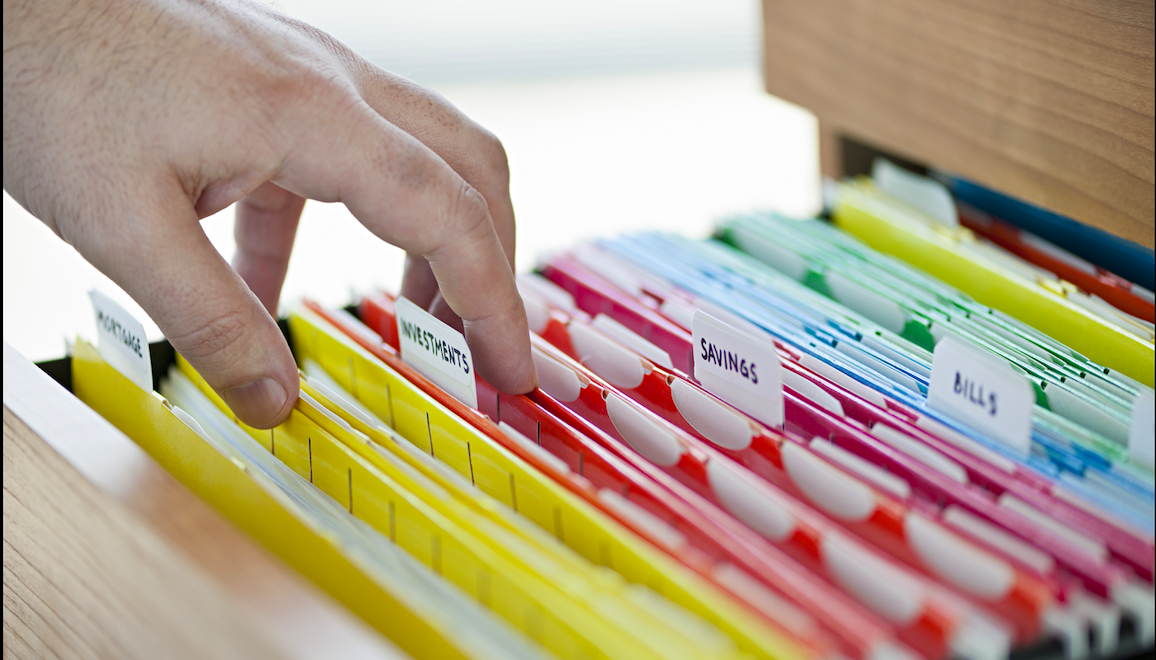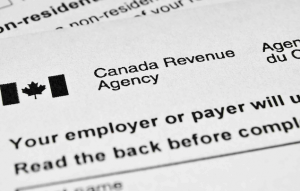

Tax Preparation Tips: Staying Organized (Part 1)
Some of us may have the accounting skills and patience with tracking and recording business activities day-to-day, but the reality is that most landlords are too busy juggling a full-time job and part-time landlord responsibilities to have any time for accounting.
But staying organized is key to saving accounting fees during tax filing time. So here are some tips and advice from Stephan Untergasser of 20/20 Accounting Inc. on how to organize your financial information before you present it to your accountant.
What advice can you offer to landlords when it comes to tax filing?
The biggest time and money saver for landlords is to keep their books & records somewhat organized during the year so that it’s not a mad scramble to try to untangle an entire year during tax filing time. This is especially important if they have multiple properties and/or multiple investors (or co-owners).
1. Keep a dedicated bank account for rental activity
I always recommend having a bank account for ONLY rental activities where all deposits go in and all payments come out. If you misplace a deposit slip or expense receipt you’ll still have a record of the transaction in your bank statements.
2. Reconcile immediately

Reconciling immediately will save you time and headaches during tax season
If a property related expense is paid by cash, from another personal account or by a credit card, it should be repaid or reimbursed from the rental bank account immediately so that you can easily account for the expense and you minimize any discrepancy that could arise at the end of the year when you try to balance your bank statements to your financial statement.
3. Keep business records separate for each property
I highly recommend having a separate bank account and set of books for every joint investor or co-owner that you have. If you own 3 properties with Mr. A and 5 properties with Mrs. B and 2 properties by yourself then you should have 3 completely different sets of books and bank accounts.
4. Schedule regular “organization time” during the year
Staying organized doesn’t mean that you spend a great deal of time working on your books throughout the year, but you should plan on sitting down every 4-6 months to keep your records updated and avoid trying to do a whole year AFTER that year has ended.
We know that landlords are busy and need information in sound byte formats so stay tuned for part 2 of this series in Staying Organized for Tax Time.
In the meantime, we recommend that you consult with a tax advisor or accountant that specializes in real estate if you require more advice on your particular situation.
New to Pendo? You can sign up for free! Use Pendo to track your cash flow and produce accurate financial reports so you can save time, money, and possibly accounting fees!
Comments are closed.



